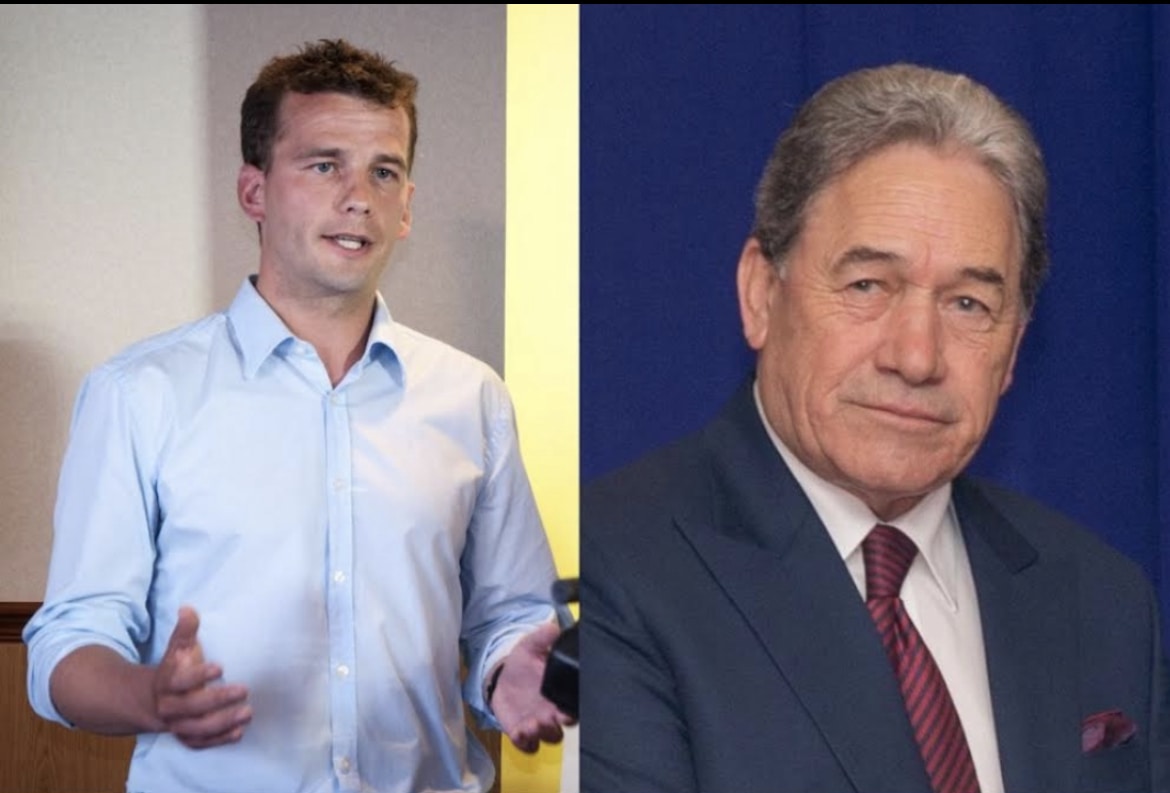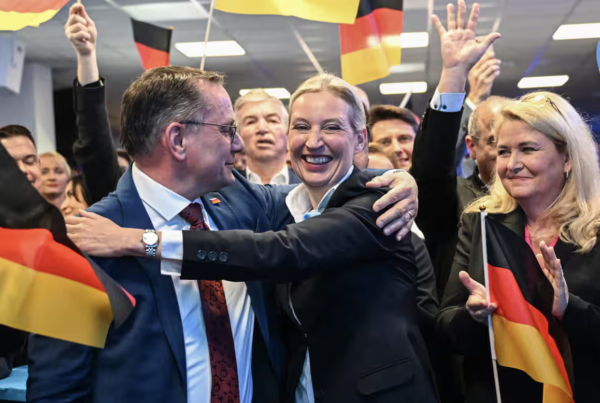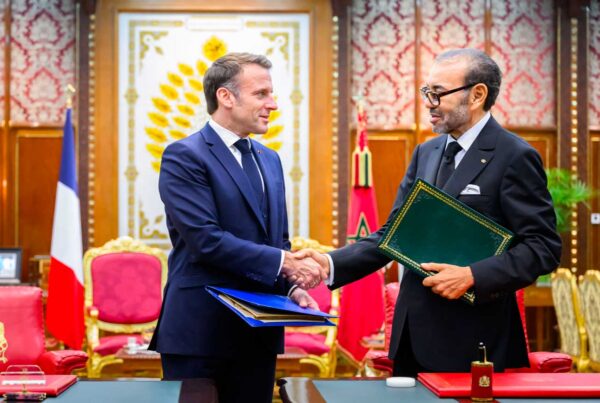
Photo on Left: David Seymour by Mathmo via commons.wikimedia https://commons.wikimedia.org/wiki/File:David_Seymour_at_ACT_Selection_Announcement_for_Leader_and_Epsom.jpg Photo on right: Winston Peters via US Department of State
As the New Zealand election quickly approaches, it’s become a daily ritual for many politically involved Kiwis to wake up and check the polls, making observations and predictions for the upcoming results. As those Kiwis know by now, no major party this year has won over the hearts of Aotearoa. Alas, the 2020 election was the exception and not the rule, as negotiations are resuming to try to form a coalition government. Unsurprisingly, National, a centre-right party, and the right-wing ACT (Association of Taxpayers and Consumers) are keen to form an agreement to enter Parliament. The polls, however, don’t seem to agree with them. According to Stuff’s weekly polls, National is currently polling at 36.62% and ACT at 11.22%, meaning they’re missing the vital 2.16% that would allow them to win the election. The election therefore has a vital question attached to it: Will the National/ACT coalition win the necessary 2.16% or will they need to look for an alternative?
The alternative in question is Winston Peters, leader of New Zealand First and currently polling at 5.1%, just 0.1% above the 5% threshold needed to enter Parliament—making him a very convenient alternative. Unfortunately, the name Winston Peters may leave a sour taste in the mouths of many Kiwis, as well as the leader of the ACT Party, David Seymour. Concerning the citizens of Aotearoa, the reason Winston Peters rings a bell for many is the results of the 2017 election, which saw him taking the position of Deputy Prime Minister in a Labour/Greens/NZ First coalition. But how did someone with only 7.2% of the vote end up in such an important position?
The 2017 election saw National with 44.45% of the vote, Labour with 36.89% and its coalition partner, Greens, with 6.27%, meaning that both Labour and National were vying for the NZ First coalition to win the election. Winston Peters was what is dubbed a “kingmaker” in the election, the person who decided who would win, which was Labour in 2017. This wasn’t his first appearance as “kingmaker”—he also helped decide the outcome of the election in 1996 in National’s favour, leading him to receive the title of Deputy Prime Minister. Currently, even though Chris Hipkins, leader of the Labour Party, has already ruled out working with Peters again, the latter potentially still has the power to play kingmaker and decide what he wants out of this next term if National wants his seats.
A self-proclaimed populist, Peters has had a tumultuous 45 years in politics, always bouncing back from even the worst of situations. This is no exception, seeing as the 2020 election saw his party drop down to only 2.6%, failing to hit the threshold needed to enter Parliament. This is unusual for a political party that was just in coalition with the Labour Party, who went on to win the 2020 election with a majority of 50.01%. However, scandals surrounding the NZ First Foundation and the simple truth that people were receiving decisions from someone they didn’t vote for, (and, furthermore someone who was slowing down legislation proposed by coalition partners people did vote for) made him rather unpopular. But as he has done in the past, he has apparently risen from the ashes for this year’s election, weekly polls projecting the 5% needed to enter Parliament.
Up until recently, Christopher Luxon, leader of the National Party, has managed to avoid answering whether or not he would form a coalition with NZ First. But Luxon could only dodge the question for so long, and with the heat of the election, he finally admitted that he would form a coalition with NZ First if it meant a National-led government. Luxon, however, made sure to stress the fact that he did not want to form a coalition with Peters, and it would be his true last resort. But if Luxon and Seymour can’t find those extra votes, his “last resort” may be starting to look like his reality.
So, what will this reality look like? From the looks of it, chaotic. David Seymour recently answered “yes” when asked if Winston Peters was the least trustworthy politician, and if the minor party debate gives us any indication of their future dynamic, it seems that the sentiment is reciprocated. The debate itself was filled with small digs towards each other, with Peters at one point interrupting Seymour by saying “That’s enough. There are adults in the room”. National and ACT don’t get along swimmingly either. Seymour seeks radical reforms such as a two-tier tax system and a shrinking of government whilst Luxon remains more moderate, promising a “strong and stable government”. Adding NZ First to the mix guarantees throwing the concept of a “strong and stable government” out the window. Tax cuts for example, is a policy that both National and ACT have been pushing for but could potentially be scrapped overnight as Winston Peters disagrees, calling them “voodoo economics”. Seymour has previously stated that he was unwilling to work with Peters, “Yeah, I think that’s pretty clear. There’s no way that you’re going to solve the problems that New Zealand needs to solve when you’ve got someone who’s had so many chances and screwed it up so many times before.” Granted, this was before NZ First was polling at 5%.
A universe also exists where ACT would supply National with a “confidence-only partnership”. This is a new type of governing agreement whereby National would have to ask for ACT’s backing for all government spending for every individual case. For Seymour, this means that he would help National form a government but Luxon would have to search elsewhere for support on budgets. If Seymour is this unwilling to cooperate with Peters, Aotearoa may see their next government in a “confidence-only” coalition: no doubt chaotic, and most certainly with the potential of paralysing government decisions.
This of course all depends on whether or not Winston Peters can reach the infamous 5% he dreams of. But if the polls are accurate, Luxon will need to start writing up a pros and cons list to decide what he is willing to concede to win the election. And given that Luxon hasn’t ruled out the possibility of granting Winston Peters the title of Deputy Prime Minister, it’s possible that Aotearoa will see Peters emerge as the real winner of the New Zealand election once again.
Other posts that may interest you:
- Insight into the Warwick Economics Summit: A Discussion on the UK’s Economic System with Sir Howard Davies
- La grève des scénaristes et des acteurs: Hollywood en péril ?
- A forbidden fruit — nourished in shadows,
- Paris, December 21
- At your mercy at the coffee shop
Discover more from The Sundial Press
Subscribe to get the latest posts sent to your email.





